Tag: hsds
-
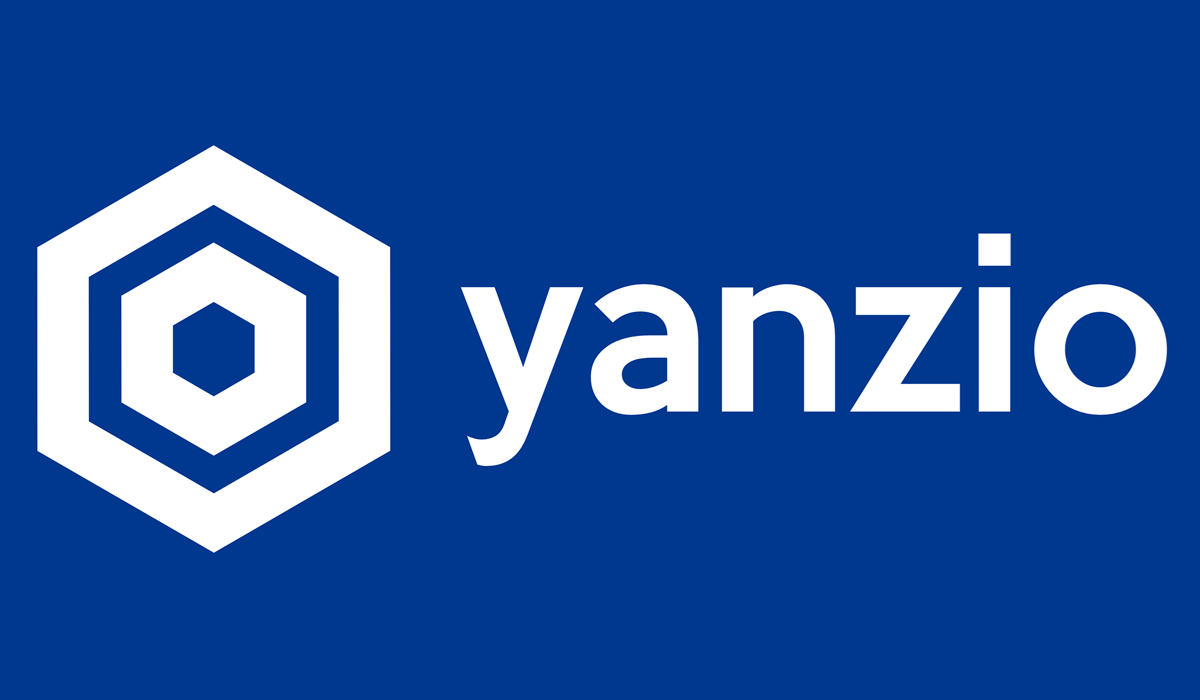
I&R’s big opportunity with AI
Since the release of ChatGPT in November 2022, our world has been ignited with the possibilities and dangers of this new breed of AI, called Generative Artificial Intelligence (Gen AI). While there are a number of ways to use Gen AI for text, audio, images and video, today I’ll focus on the Large Language Models…
-
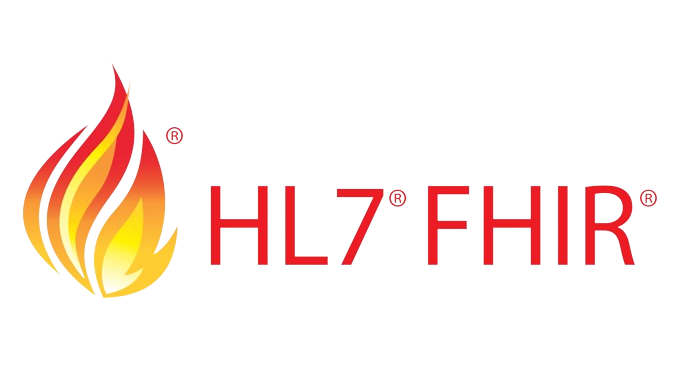
HSDS is now interoperable with FHIR®
As integration of healthcare and social care sectors becomes an ever-hotter topic, we’re excited to announce that we’ve taken a small but significant step forward: the Human Service Data Specifications are now aligned with the protocols for healthcare provider directory information specified by the Health Level Seven (HL7®) Fast Healthcare Interoperability Resources (FHIR®). Continue reading…
-

Introducing Profiles: customize our standard for your domain!
We designed the Human Service Data Specifications (HSDS)to make it easy to share information about human services of any kind. But given the many nuanced differences across human service sectors – and states and countries and etc – it’s just not feasible to standardize every possible kind of information associated with any kind of service anywhere.…
-
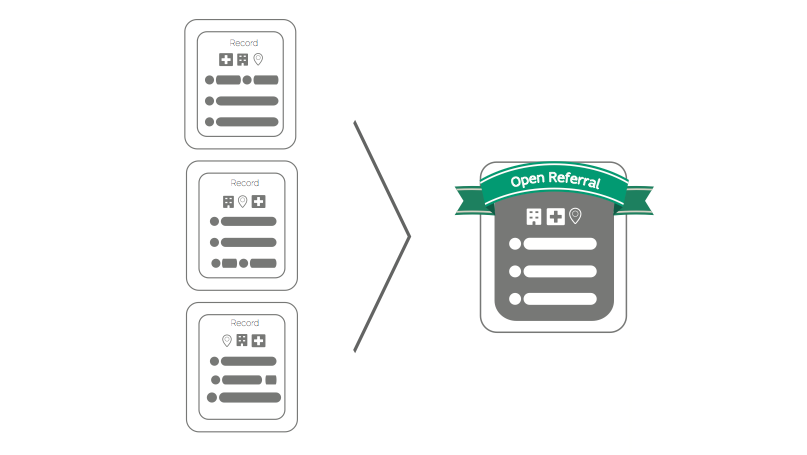
Upgrading the Human Service Data Specifications: 2022 development cycle underway
As Open Referral’s network grows – involving more stakeholders in the development of interoperable resource directory information supply chains – our tools and practices must evolve in kind to support more complex needs. So we are excited to share that Open Referral has initiated a new development cycle to upgrade the Human Service Data Specifications.…
-
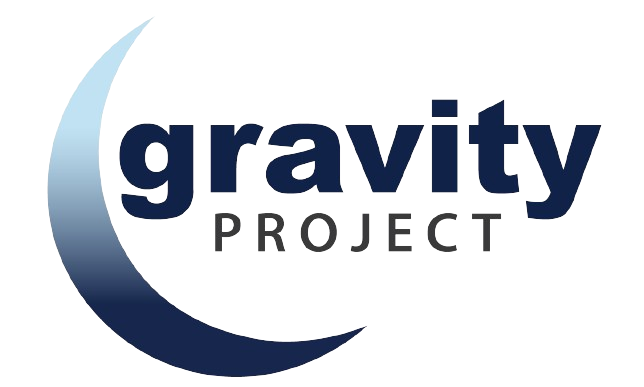
Supporting the Gravity Project to expand interoperability among health, human, and social services
Often people ask how we enable care providers to actually refer their clients to another service. The answer is, well, Open Referral doesn’t actually deal with the process of “making a referral” at all! We’re working to ensure that there’s open access to information about the services to which someone might be referred. But the…
-
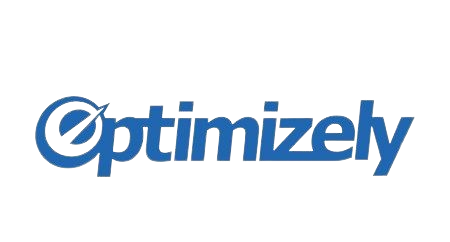
Hacking on Link With Optimizely And Benetech
Open Referral went to San Francisco on Wednesday August 9th to participate in a social good hack-day at Optimizely. In collaboration with our partner Benetech, Open Referral set up as one of the social good projects that 20+ employees worked on for the day. Overall, our team was strong in front-end web and mobile…